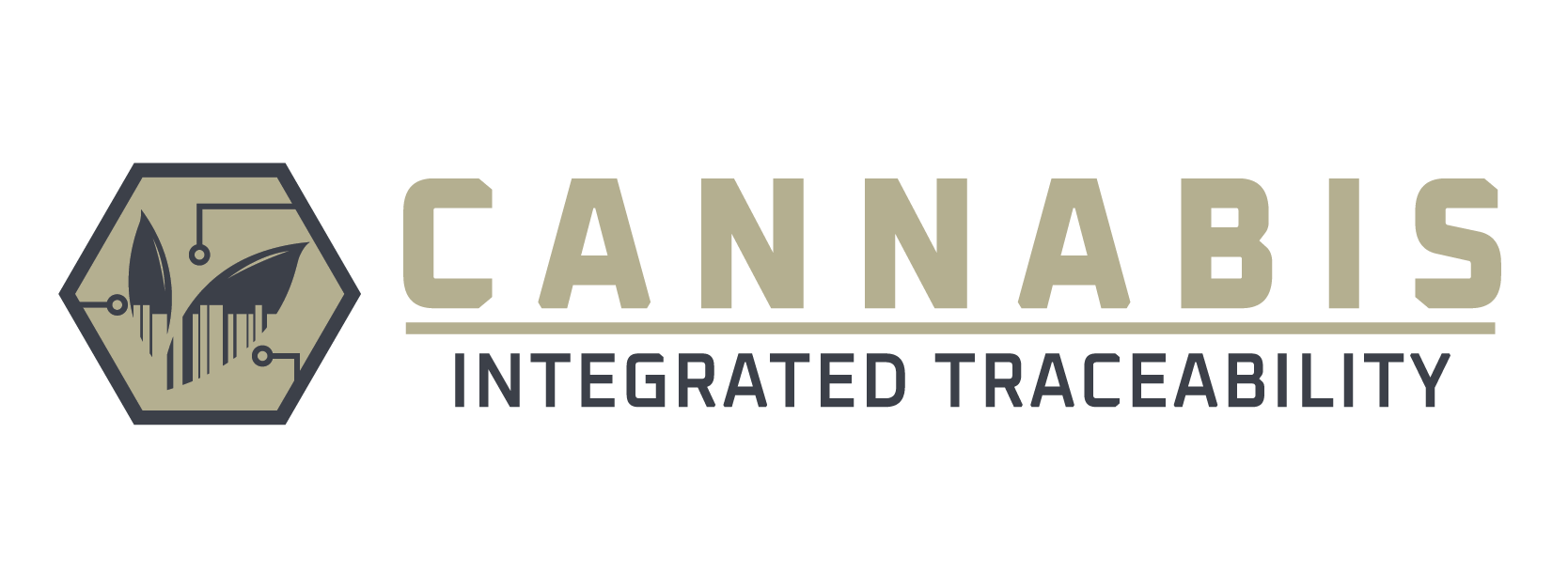In the world of cannabis compliance, few tools are as critical as seed-to-sale tracking systems. These software platforms are designed to follow cannabis plants through their lifecycle—from the moment they’re planted to the point of retail sale. But while the intention is to maintain accountability, product quality, and prevent diversion, the reality is far more complicated. One of the biggest hurdles these systems face is adapting to a regulatory landscape that varies wildly from state to state.
Fragmented Regulations Create Complex Customization
Unlike industries regulated at the federal level, cannabis operates in a legal gray area. Each state that has legalized cannabis—whether for medical or adult-use—has implemented its own set of rules regarding cultivation, manufacturing, testing, distribution, and sales. Seed-to-sale systems must be tailored to these diverse regulatory requirements, often requiring expensive and time-consuming customization.
For example, California’s METRC (Marijuana Enforcement Tracking Reporting Compliance) system is vastly different from Oklahoma’s BioTrack requirements or Maine’s mandatory use of LEAF Data Systems. What works in one state may not be sufficient—or even legal—in another. This state-by-state compliance makes it difficult for operators in multi-state operations (MSOs) to standardize their internal processes across facilities.
Integration Nightmares with Third-Party Software
Many dispensaries, cultivators, and processors use specialized third-party software for point-of-sale (POS), inventory management, and customer relations. Integrating these with state-mandated seed-to-sale platforms is not always seamless. APIs may be outdated or restricted, data may not transfer correctly, and any update from a regulatory agency can break existing integrations overnight.
For instance, POS systems like Dutchie or Treez need to sync with tracking platforms like METRC to report inventory movements in real time. But when regulations change—such as modifying how weight is measured, or which product types must be tracked—developers must rush to update their software, often with little warning from state agencies.
Training and Human Error
Even with the most robust seed-to-sale system, the human element is a weak link. Staff must be trained not only on the software but also on how to stay compliant with rapidly evolving regulations. Inaccurate tagging, improper logging of waste, or a simple barcode scanning error can result in costly violations and license suspensions.
Because each state has unique rules for data entry and reporting formats, businesses must continually train employees when expanding into new markets. For smaller operations, this training burden can be overwhelming and divert critical time from running day-to-day operations.
Lack of Federal Standardization
Without federal legalization, there’s no universal compliance framework or national seed-to-sale system. This results in a patchwork of regulations that frustrate operators and software developers alike. It also limits the ability to share best practices and creates security concerns about how sensitive cannabis data is stored, accessed, and monitored.
Final Takeaway
Seed-to-sale tracking is a cornerstone of cannabis compliance—but it’s not without its complications. The varying regulatory requirements across state lines present significant challenges in system integration, software development, employee training, and operational efficiency. Until there is a unified federal standard, businesses and tech providers must remain agile, adaptive, and ready to navigate the ever-changing compliance landscape of the cannabis industry.







